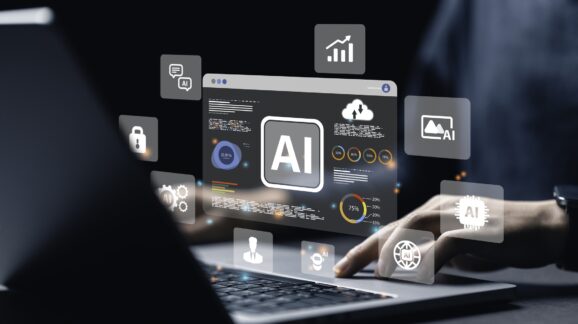This model AI legislation would regulate government instead of the private sector

Photo Credit: Getty
Brand new guidance from the Office of Management and Budget governing uses of artificial intelligence (AI) throughout the federal government was issued last week. This comes in the wake of Joe Biden’s landmark executive order on “Safe, Secure and Trustworthy Development and Use of Artificial Intelligence,” and numerous congressional hearings on the promise and peril of the rise of generative AI.
While there’s growing concern over AI oversight, the focus needs to shift to the neglected issue of the federal government’s funding of and involvement in AI, rather than primarily targeting big tech companies with new regulation as I argue in a new article at Forbes and summarize here.
Mercifully, Congress appears unlikely to enact AI legislation this election year despite those hearings and directives. That pause in legislative action presents an opportunity to reassess the approach.
AI already proliferating within federal agencies raises fresh worries about privacy and surveillance, censorship, remote regulation via the Internet-of-Things, and other concerns regarding civil liberties. The potential for and actuality of governmental misuse confront us with arguably greater urgency than private deployment of the technology that is subject to liability and lawsuit.
Perhaps the most important consideration is the least discussed. The magnitude of government funding and subsidies for AI research and development and the federal propensity to encourage or insist upon public-private partnerships and blueprints rather than let competitive alone deserve more consideration for their grave implications.
Concerns about AI abuses like deepfakes underscore the need for solutions. But our economy thrives upon trust, and the entire private AI sector already has to solve such problems without Washington’s version of help via legislation or regulation.
To address these issues, I propose in Forbes model/draft legislation titled “An AI Bill of Rights” (that phrasing in part to take back that term from a federal government prone to exploiting it for regulatory escapades), which aims to restrain the federal government’s use of AI, and its funding and steering of the private sector’s investments and deployments. This legislative proposal includes prohibitions on government funding of private AI projects to halt the subsidized proliferation of so-called public-private partnerships, limitations on government applications of AI, and measures to protect civil liberties and privacy from governmental unaccountability in its misuse of technology.
Rethinking what we call AI regulation requires prioritizing government accountability and unambiguously limiting its damaging incursions into a nascent technology before it is too late. See the column for more detail but below are the bones of a model legislative proposal to limit inappropriate government uses of and interventions in AI.